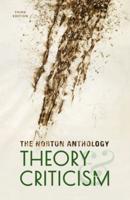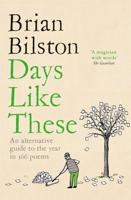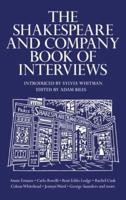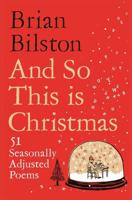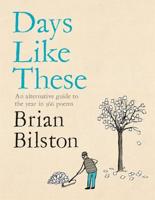Publisher's Synopsis
"For the religious-philosophical tradition in which Western literature is rooted," writes Henry Staten, "mourning is the horizon of all desire. As soon as desire is something felt by a mortal being for a mortal being, eros (as desire-in-general) will always be to some degree disturbed in its functioning by the anticipation of loss." This book begins with a reading of the "Iliad" which shows how Homer, not yet influenced by the ideology of transcendence, analyzes the structure of unassuageable mourning in a way that is as up-to-date as the latest poststructuralism. Then, in readings of the Gospel of John, Dante, the troubadours, Petrarch, "Hamlet", "Paradise Lost", "La Princess de Cleves", and "Heart of Darkness", Staten shows how literary history may be reconstituted in terms of a poetics of mourning that keeps in sight the traditional problematic of mortal and transcendent eros. Finally, a reading of Lacan suggests that this writer - so profoundly influential today on the question of desire - must be understood in the context of the dialectic of mourning that dominates his work.

